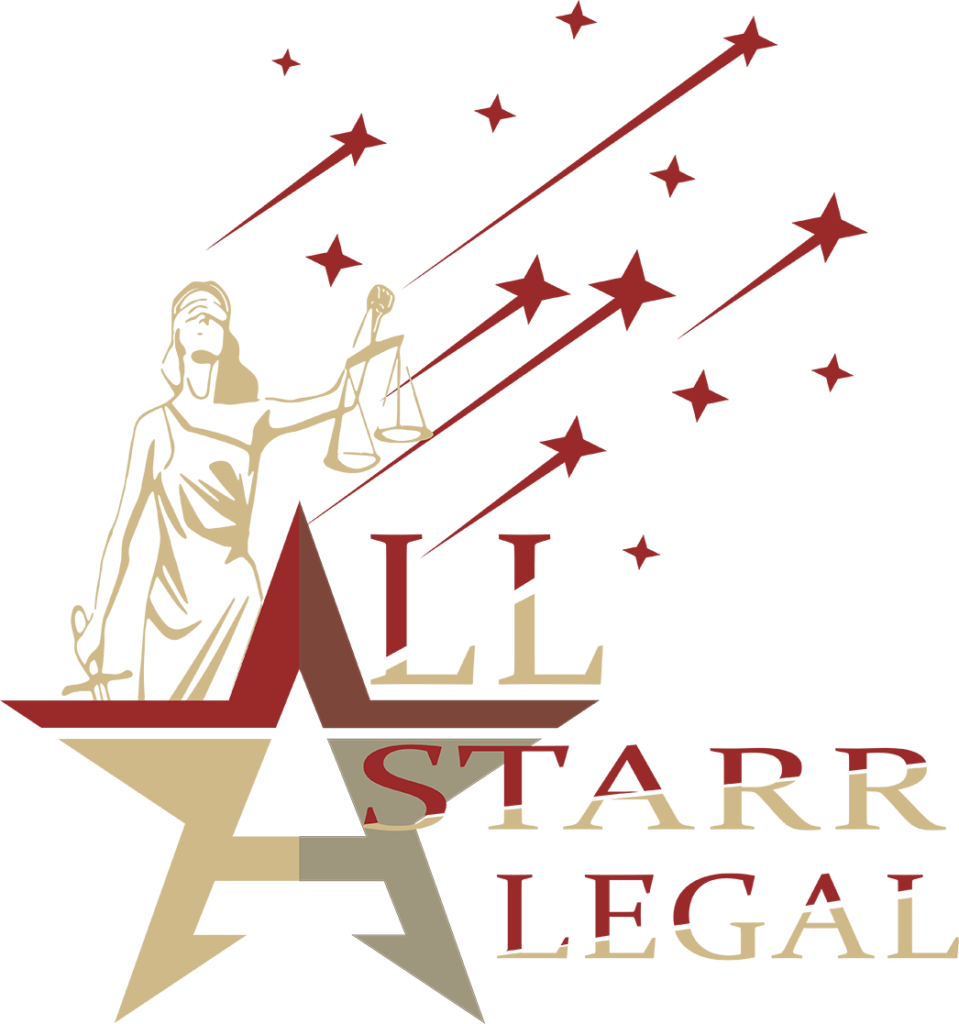Being charged with drug possession in Florida can lead to severe consequences. Depending on the substance, the amount you’re accused of possessing, and whether law enforcement believes you intended to sell it, you may face fines and jail time. A drug possession conviction can also place a barrier between you and certain future opportunities related to housing, employment, and education, and may result in the loss of your rights to vote and own a firearm.
However, it’s possible to avoid a conviction and the resulting penalties if the charges are based on evidence obtained during a search that violated your Fourth Amendment rights. A drug possession defense attorney in Altamonte Springs, Florida, can review the details of your case. If they can call the prosecutor’s evidence into question, it may result in the dismissal of the possession charge against you.
Your Rights Under the Fourth Amendment
The Fourth Amendment to the United States Constitution protects individuals against unreasonable searches and seizures. It also establishes the requirements surrounding warrants – they must be issued by the court and can only be issued if probable cause exists.
Under the Fourth Amendment, you have the right to expect your person and property to be treated as private and that the government will not unreasonably intrude on that privacy. To this end, unless law enforcement has probable cause to believe a crime has been committed, they generally cannot conduct a search without first obtaining a warrant. Establishing probable cause requires law enforcement to demonstrate that a search will likely result in the discovery of evidence that a crime was committed.
There are some exceptions that allow for warrantless search and seizure. For example, if exigent circumstances exist, law enforcement may justify searching and seizing evidence. Exigent circumstances are those in which a reasonable person would conclude that conducting a search was justified by the need to prevent a suspect’s escape, the destruction of evidence, or harm coming to law enforcement officers.
Other situations that may allow for a warrantless search include when evidence is in plain view, when an individual has been lawfully placed under arrest, and when an individual verbally consents to a search.
How Can the Police Violate Your Fourth Amendment Rights?
Drug possession cases generally hinge on physical evidence. If a drug possession defense lawyer can establish that evidence was collected without a warrant and without justification, such as in exigent circumstances or with the evidence in plain view, the prosecution’s case may quickly fall apart.
The fundamental way in which police can violate your Fourth Amendment rights is by searching you or your property without a warrant. For example, suppose the police pulled you over because your taillight was out. If they used this as an excuse to search your vehicle and found a small amount of an illegal substance, your attorney may be able to have the evidence suppressed because there was no warrant or probable cause, and your rights were violated.
There can also be issues with a warrant itself. The warrant may be invalid if it fails to establish probable cause or isn’t sufficiently precise in noting both the property law enforcement intends to search and the evidence they expect to seize. This means the evidence may not be admissible in court, and the case against you may be substantially weakened.
Contact a Florida Drug Possession Defense Lawyer Today
When you’re facing drug possession charges in Florida, an experienced attorney can help you through the legal process by thoroughly investigating the facts of your case – including the details surrounding the execution of a search warrant – and identifying the strongest defense strategy to employ on your behalf.
If you believe the police violated your Fourth Amendment rights and your freedom is now at risk, contact AllStarr Legal to learn more about how a drug possession defense attorney can help. We’re eager to hear your side of the story and discuss your legal options when you schedule a free consultation.

